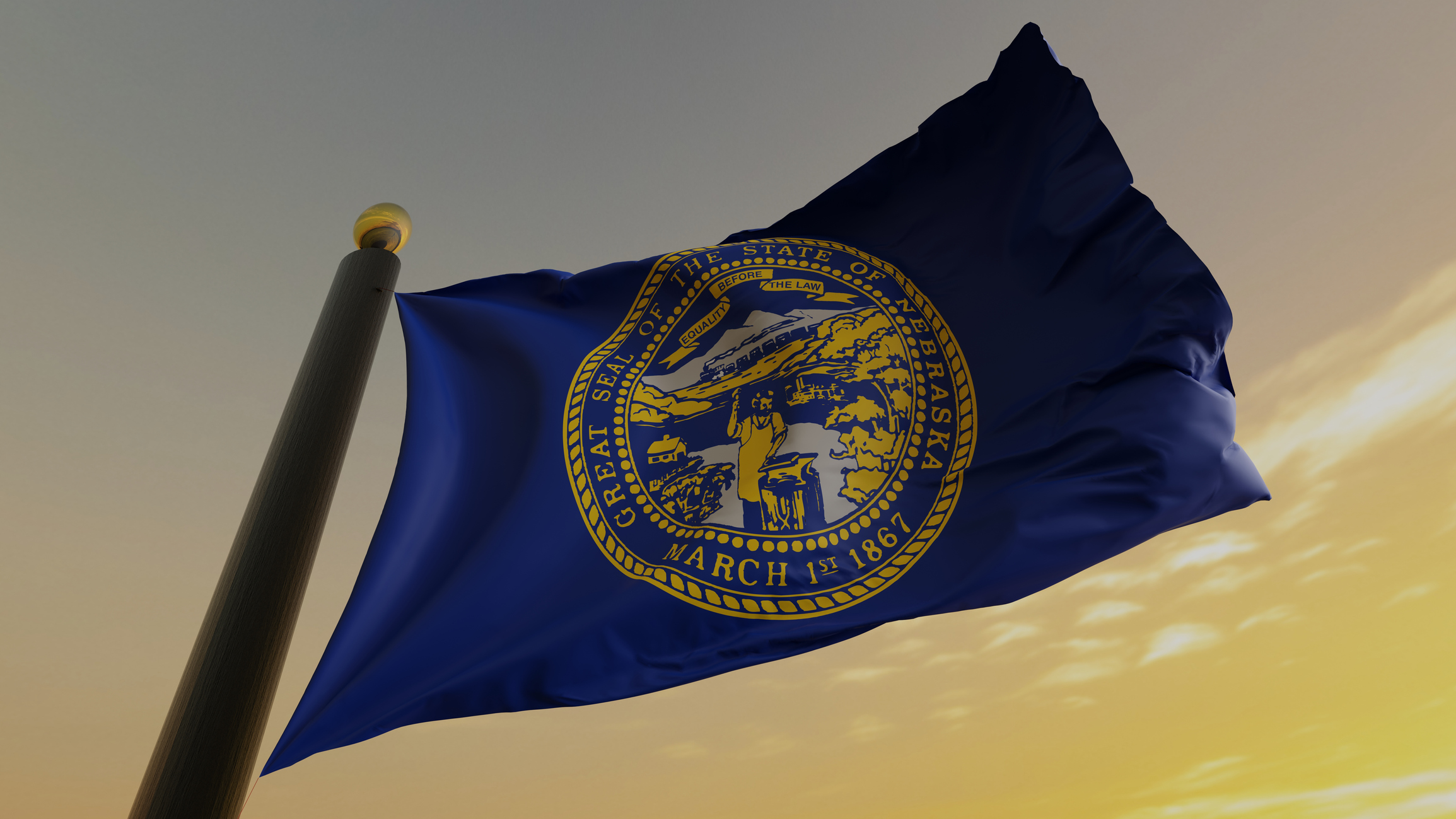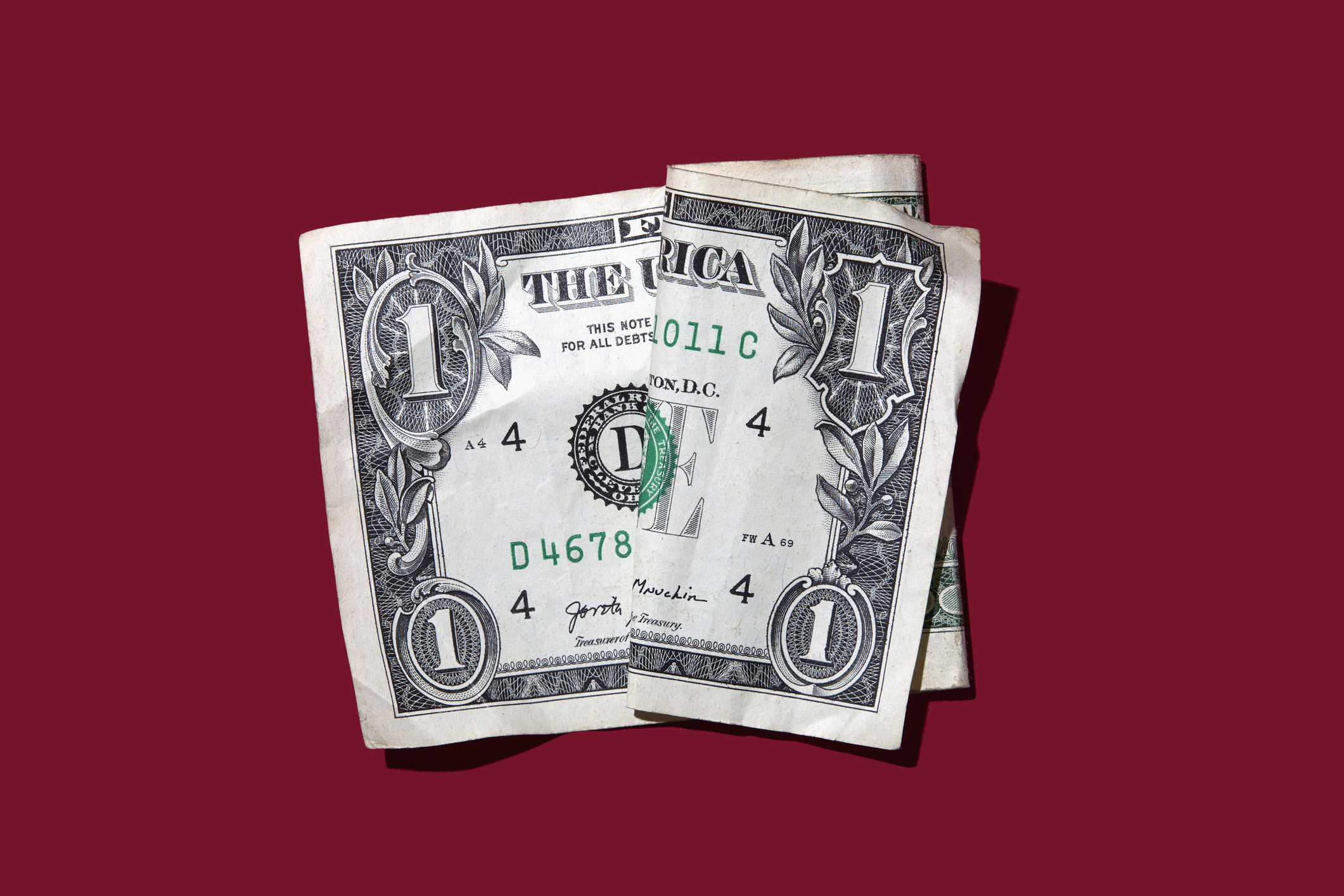Nebraska State Tax Guide
Explore Nebraska's state tax rates for income, sales, property, retirement and more. Learn how the state compares nationwide

Kate Schubel

Profit and prosper with the best of Kiplinger's advice on investing, taxes, retirement, personal finance and much more. Delivered daily. Enter your email in the box and click Sign Me Up.
You are now subscribed
Your newsletter sign-up was successful
Want to add more newsletters?
Navigating the complexities of state taxes can be daunting, but understanding Nebraska's tax landscape is essential for residents and newcomers alike.
In this guide, we'll explore key components of the Cornhusker State's tax system, from income and sales taxes to property taxes and retirement benefits.
Nebraska state tax: Overview
Nebraska’s tax setup can be considered somewhat challenging for homeowners, with property taxes exceeding the national average. The state also has an inheritance tax that applies to many types of heirs, which can catch some families off guard.
From just $107.88 $24.99 for Kiplinger Personal Finance
Become a smarter, better informed investor. Subscribe from just $107.88 $24.99, plus get up to 4 Special Issues

Sign up for Kiplinger’s Free Newsletters
Profit and prosper with the best of expert advice on investing, taxes, retirement, personal finance and more - straight to your e-mail.
Profit and prosper with the best of expert advice - straight to your e-mail.
But it’s not all bad news. Some residents saw a drop in their income taxes in 2024, thanks to a gradual reduction in the state’s top rate that will continue through 2027.
While Nebraska has its tax challenges, there are some changes underway that could offer relief.
[Data for this state tax guide was gathered from a number of sources including the Census Bureau, the state’s government website, the Sales Tax Handbook, and the Tax Foundation. Property taxes are cited as a rate percentage rather than the assessed value.]
Nebraska income taxes

Nebraska has a graduated state individual income tax rate ranging from 2.46% to 5.2% (4.55% in 2026).
In 2026 the top income rate dropped to 4.55% and will decrease until it reaches 3.99% in 2-2
Nebraska retirement taxes
Nebraska tax on retirement income: The state no longer taxes Social Security retirement benefits.
Military retirement income and Railroad Retirement benefits are tax-exempt.
Tax on taxable income: A low of 2.46% (on up to $2,999 for single filers and $5,999 for joint filers) and a high of 5.20% (4.55% in 2-2(on $29,000 or more for single filers and $58,000 or more for joint filers)
- Social Security: Not taxable
- Pensions: Taxable (Military retirement pay is exempt)
- 401(k) and IRA distributions: Taxable
Nebraska sales tax

Nebraska has a 5.5% state sales tax rate. Localities can add as much as 1.47%, and the average combined rate is 6.97%, according to the Tax Foundation.
- Groceries: Exempt
- Clothing: Taxable
- Prescription drugs: Taxable
- Women's menstrual products: Exempt
- Diapers: Exempt
*Note: Legislation passed in May 2024 enacts a sales tax exemption for diapers effective July 1, 2027.
How much are property taxes in Nebraska?

The average effective property tax rate is 1.43%, which is higher than in most states.
Nebraska Property Tax Breaks for Retirees
Homestead Exemption: Nebraska homeowners 65 and older and those with disabilities might qualify for homestead exemption. The income thresholds for homeowners 65 and older and those who qualify based on disability status differ.
Nebraska residents can view the Homestead Exemption Information Guide (PDF) to see if they qualify.
Nebraska gas taxes

Gasoline | 27 cents per gallon |
Gasoline | 27 cents per gallon |
Source: Sales Tax Handbook
Nebraska taxes on alcohol and tobacco
Product | Tax Amount |
|---|---|
Cigarettes | 64 cents per pack |
Other tobacco products | 20% of wholesale price |
Starting in 2026, alternative nicotine products now include nicotine analogues and these products will be taxed at 20% of the purchase price.
Source: Sales Tax Handbook
Product | Tax Amount |
|---|---|
Wine | 95 cents per gallon |
Beer | 31 cents per gallon |
Liquor | $3.75 per gallon |
Source: Sales Tax Handbook
Nebraska estate and inheritance taxes
Nebraska is one of the six states with an inheritance tax. Spouses are off the hook from paying, but other heirs could get a hefty tax bill.
- Children, parents, grandchildren, siblings and grandparents are subject to a 1% tax on inheritances of more than $100,000.
- Aunts, uncles, nieces and nephews pay an 11% tax on inheritances of more than $40,000.
- Other heirs are responsible for a 15% inheritance tax on amounts of more than $25,000.
Related Content
Profit and prosper with the best of Kiplinger's advice on investing, taxes, retirement, personal finance and much more. Delivered daily. Enter your email in the box and click Sign Me Up.

Katelyn has more than 6 years of experience working in tax and finance. While she specialized in tax content while working at Kiplinger from 2023 to 2024, Katelyn has also written for digital publications on topics including insurance, retirement, and financial planning and had financial advice commissioned by national print publications. She believes knowledge is the key to success and enjoys providing content that educates and informs.
- Kate SchubelTax Writer
-
 Big Nvidia Numbers Take Down the Nasdaq: Stock Market Today
Big Nvidia Numbers Take Down the Nasdaq: Stock Market TodayMarkets are struggling to make sense of what the AI revolution means across sectors and industries, and up and down the market-cap scale.
-
 How Medicare Advantage Costs Taxpayers — and Retirees
How Medicare Advantage Costs Taxpayers — and RetireesWith private insurers set to receive $1.2 trillion in excess payments by 2036, retirees may soon face a reckoning over costs and coverage.
-
 3 Smart Ways to Spend Your Retirement Tax Refund
3 Smart Ways to Spend Your Retirement Tax RefundRetirement Taxes With the new "senior bonus" hitting bank accounts this tax season, your retirement refund may be higher than usual. Here's how to reinvest those funds for a financially efficient 2026.
-
 3 Smart Ways to Spend Your Retirement Tax Refund
3 Smart Ways to Spend Your Retirement Tax RefundRetirement Taxes With the new "senior bonus" hitting bank accounts this tax season, your retirement refund may be higher than usual. Here's how to reinvest those funds for a financially efficient 2026.
-
 5 Retirement Tax Traps to Watch in 2026
5 Retirement Tax Traps to Watch in 2026Retirement Even in retirement, some income sources can unexpectedly raise your federal and state tax bills. Here's how to avoid costly surprises.
-
 2026 Tax Refund Delays: 5 States Where Your Money Is Stuck
2026 Tax Refund Delays: 5 States Where Your Money Is StuckState Tax From New York to Oregon, your state income tax refund could be delayed for weeks. Here's what to know.
-
 How One Extra Dollar of Income Can Cost You Thousands in Retirement
How One Extra Dollar of Income Can Cost You Thousands in RetirementRetirement Even modest changes in retirement income can raise Medicare premiums under IRMAA. Here’s how a small increase can affect your retirement costs.
-
 First the Penny, Now the Nickel? The New Math Behind Your Sales Tax and Total
First the Penny, Now the Nickel? The New Math Behind Your Sales Tax and TotalRounding Tax A new era of "Swedish rounding" hits U.S. registers soon. Learn why the nickel might be on the chopping block, and how to save money by choosing the right way to pay.
-
 Over 65? Here's What the New $6K Senior Tax Deduction Means for Medicare IRMAA
Over 65? Here's What the New $6K Senior Tax Deduction Means for Medicare IRMAATax Breaks A new tax deduction for people over age 65 has some thinking about Medicare premiums and MAGI strategy.
-
 U.S. Congress to End Emergency Tax Bill Over $6,000 Senior Deduction and Tip, Overtime Tax Breaks in D.C.
U.S. Congress to End Emergency Tax Bill Over $6,000 Senior Deduction and Tip, Overtime Tax Breaks in D.C.Tax Law Here's how taxpayers can amend their already-filed income tax returns amid a potentially looming legal battle on Capitol Hill.
-
 How to Open Your Kid's $1,000 Trump Account
How to Open Your Kid's $1,000 Trump AccountTax Breaks Filing income taxes in 2026? You won't want to miss Form 4547 to claim a $1,000 Trump Account for your child.